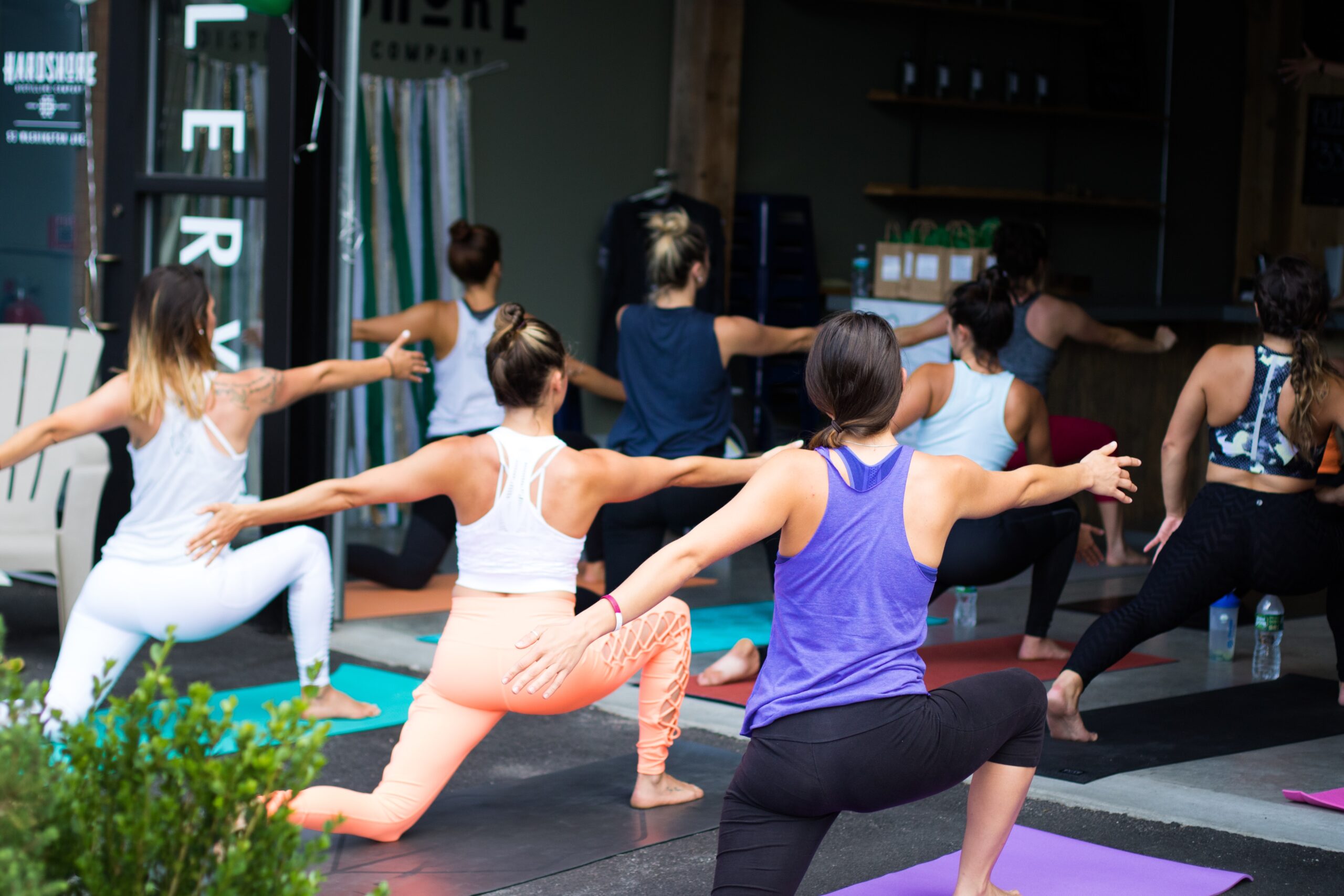
Wedding Planning 101
How to Take Care of Yourself During Wedding Planning
It is easy to get caught up in the planning, but it is important to take time for yourself.
Read MoreBy Lisa A. Flam
Tiffany Enriquez knew that weddings are expensive. Yet, shortly after getting engaged in February 2022, she felt the jolt of sticker shock as she began looking for venues and vendors.
“I didn’t realize how much money it was going to be,” says Tiffany, of Mount Olive. Tiffany and her fiancé are paying for about half of their May 2024 wedding.
What was causing Tiffany, 26, the most stress was the struggle to save for both a dream wedding and a dream home.
“I definitely was losing sleep at first, especially when I was trying to work overtime,” says Tiffany, a cardiovascular invasive specialist. She was also experiencing headaches. “I was stressed out,” she says.
Luckily, Tiffany’s stress has eased over time. As her wedding at the Palace at Somerset Park in Somerset approaches, she has been able to “self-reflect and calm down a lot and relieve the anxiety that I was having over wedding finances,” says Tiffany.
“Wedding planning can be a wonderful time in your life…but know that it’s common to feel stress,” says Resa Schleifer Fogel, a Bergen County-based psychologist for more than 30 years.
Sound relatable? Many couples face money worries and other nerve-wracking challenges while wedding planning, such as family friction, conflicts with friends, decision-making fatigue, taking on too much and more.
“There are various ways to alleviate those stressful factors to help yourself and make it a more wonderful experience,” adds Dr. Fogel.
Here are steps to help you decompress and develop a happier wedding planning mindset.

Don’t forget to take care of yourself. Exercise, take a walk, go for a mani/pedi or a haircut, do something fun, eat and sleep well. “When you take care of yourself, you calm yourself and it alleviates stress,” says Dr. Fogel. Tiffany found reading poetry, taking baths, getting facials or spending time with family and friends to be helpful. “It’s just making sure I’m focusing on myself and doing things for me,” she says.
Practice deep breathing, meditation or yoga, or listen to music to help calm down, says Dr. Fogel. To feel better, Tiffany began practicing yoga more frequently, about two to three times a week. “It’s a time to shut off my brain for the hour and a half I’m there and really focus on myself and the routine we’re doing and meditating and separating myself from the outside world,” she says.
You don’t have to do it all by yourself. Give tasks to people you trust to get the job done. Consider hiring a wedding planner. “Delegate as much as you feel that you are comfortable doing,” says Dr. Fogel. Have an open line of communication with your future spouse, your families and anyone else involved in the wedding so you’re all on the same page and avoid surprises.
Take a break from wedding planning for a bit and read a book or watch a movie. “If you’re not thinking about something 24-7,” says Dr. Fogel, “you’re decluttering and destressing your mind and you’re giving yourself room to breathe.”
Do something fun with your soon-to-be spouse, says Dr. Fogel. Go on a date night (bonus points if you avoid wedding talk). One stress-reducing practice Tiffany focused on was prioritizing time with her fiancé. Tiffany recommends that couples keep sight of the big picture and try not to worry about the details that won’t matter in the long run. “What matters is that you get to marry someone that you love and you care for and there are so many good things to come,” she says.